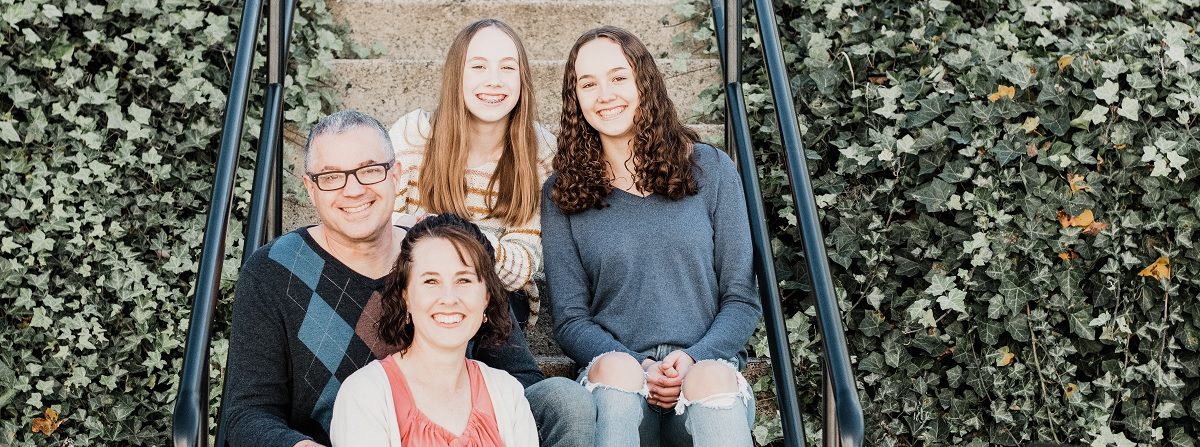 I want to recommend a book to you that is written by Hal Donaldson, the President of Convoy of Hope. Your Next 24 Hours is specifically focused to get each of us to be intentional about being kind, spreading more joy in the world, and ultimately making a huge difference in the process.
I want to recommend a book to you that is written by Hal Donaldson, the President of Convoy of Hope. Your Next 24 Hours is specifically focused to get each of us to be intentional about being kind, spreading more joy in the world, and ultimately making a huge difference in the process.
I can honestly say that I have been both encouraged and challenged while reading this book. I was reminded that it really doesn’t take much effort to show kindness; Just being intentional to look for the opportunities around us. I really enjoyed the many stories shared of how people have engaged their lives to help others.
It is a great reminder that if everyone did their part to show kindness to each person they encountered, we would change the world as we know it. We can start with ourselves and determine to be the difference! One day of kindness can change everything!
I thought I would share several of my favorite quotes from the book:
Giving hope and encouragement to people is not expensive, but neither is it free. It requires you to choose a life of generosity so others can have a life of opportunity. (Chapter 5, pg 46)
Choose to be openhanded rather than tightfisted. Find as much pleasure giving presents as you do unwrapping them. (Chapter 5, pg 48)
Listening is kindness. It tells people you cherish their words and value their opinion. It says, “You Matter.” (Chapter 8, pg 63)
You always get back so much more than you give. Words have such power. (Chapter 9, pg 69)
If you’re led by kindness, you possess the words to restore a homeless man’s dignity, inspire a child to believe in herself, lift the spirits of a single mother, help a youth overcome shame and disappointment, and salute a senior citizen for a life well lived. The kindness inside you has the power to transform lives. (chapter 9, pg 72)
Every life is precious to God and must be treasured, because ‘injustice anywhere is a threat to justice everywhere’ (Chapter 12, pg 103)
You can be a teacher, accountant, waitress, sales executive, custodian, engineer, pastor, and more AND change the world … Each week, make it your goal to earn both your paycheck and a reputation for kindness. (chapter 20, pg 140)
when people find themselves in a cavern of despair, it might be your relentless kindness that becomes their hope to freedom (Chapter 21, pg. 144)
For more information and to order your copy, visit yournext24hours.com
